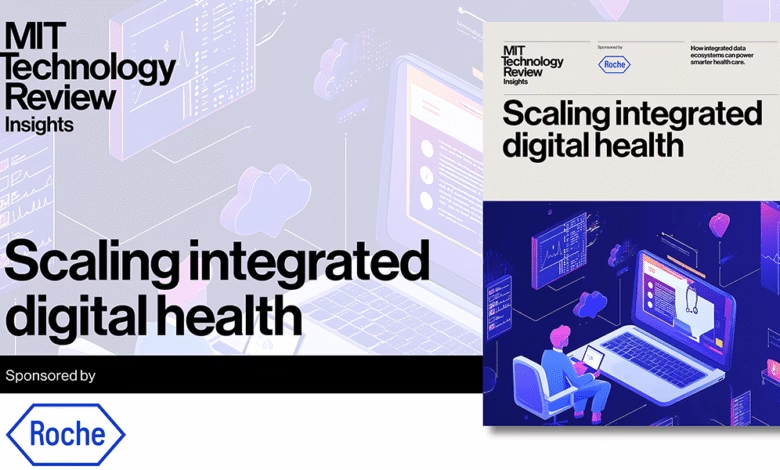Boost Your Digital Health Strategy with Scalable Solutions

▼ Summary
– The pandemic accelerated digital health adoption, with 96% of surveyed executives ready for digital solutions, though interoperability (91%) and security-usability balance (40%) remain key challenges.
– Digital health tools like AI diagnostics and telemedicine can improve patient outcomes but require strong data governance, interoperability, and security to be effective.
– Fragmented and siloed health data limits scalability and impact despite its potential, due to inconsistent formats and incompatible IT systems.
– Digital solutions must support, not burden, the workforce by focusing on usability, clinician engagement, and training amid global staff shortages.
– Scaling digital health requires regulatory evolution, open data policies, and sustainable business models to move beyond pilot projects to system-wide adoption.
The healthcare industry stands at a pivotal moment for digital transformation, with scalable solutions offering unprecedented opportunities to enhance patient care and operational efficiency. Recent research involving 300 healthcare executives, alongside insights from industry experts and academic leaders, reveals critical strategies for successfully integrating digital tools across medical facilities, from diagnostic labs to hospital networks.
Digital readiness has reached new heights, yet significant barriers remain. An overwhelming 96% of surveyed leaders report being prepared to adopt digital health solutions, with a quarter describing themselves as “very ready.” However, interoperability remains a stubborn challenge, 91% of executives acknowledge it as a hurdle, and 59% believe resolving it will be difficult. Security concerns also persist, with 40% citing the balance between usability and protection as their top obstacle. Cloud-based systems are emerging as a game-changer, offering scalability (cited by 36% as the primary benefit) and enhanced security (28%).
When implemented effectively, digital health technologies can revolutionize patient outcomes. AI-driven diagnostics, telemedicine platforms, and remote monitoring tools demonstrate measurable improvements, from earlier disease detection to reduced hospital readmissions. But their full potential hinges on seamless integration into healthcare ecosystems with strong data governance, interoperability standards, and cybersecurity measures. Without these foundations, even the most advanced tools risk underperformance.
Data fragmentation continues to stifle progress. Healthcare generates enormous volumes of information, yet inconsistent formats and incompatible systems leave much of it trapped in silos. This lack of cohesion limits the scalability of digital solutions, preventing organizations from unlocking actionable insights.
Workforce challenges demand thoughtful digital adoption. As staffing shortages persist globally, technologies like clinical decision support systems and predictive analytics should serve as aids, not replacements, for healthcare professionals. Success depends on intuitive design, clinician involvement in development, and comprehensive training programs.
Policy and economic frameworks must evolve to support widespread adoption. Even the most promising innovations struggle to scale without reimbursement models, regulatory clarity, and sustainable business strategies. Open data policies and regulatory agility are essential to move beyond pilot projects and achieve system-wide impact.
For deeper insights into optimizing digital health strategies, access the complete report.
(Source: Technology Review)